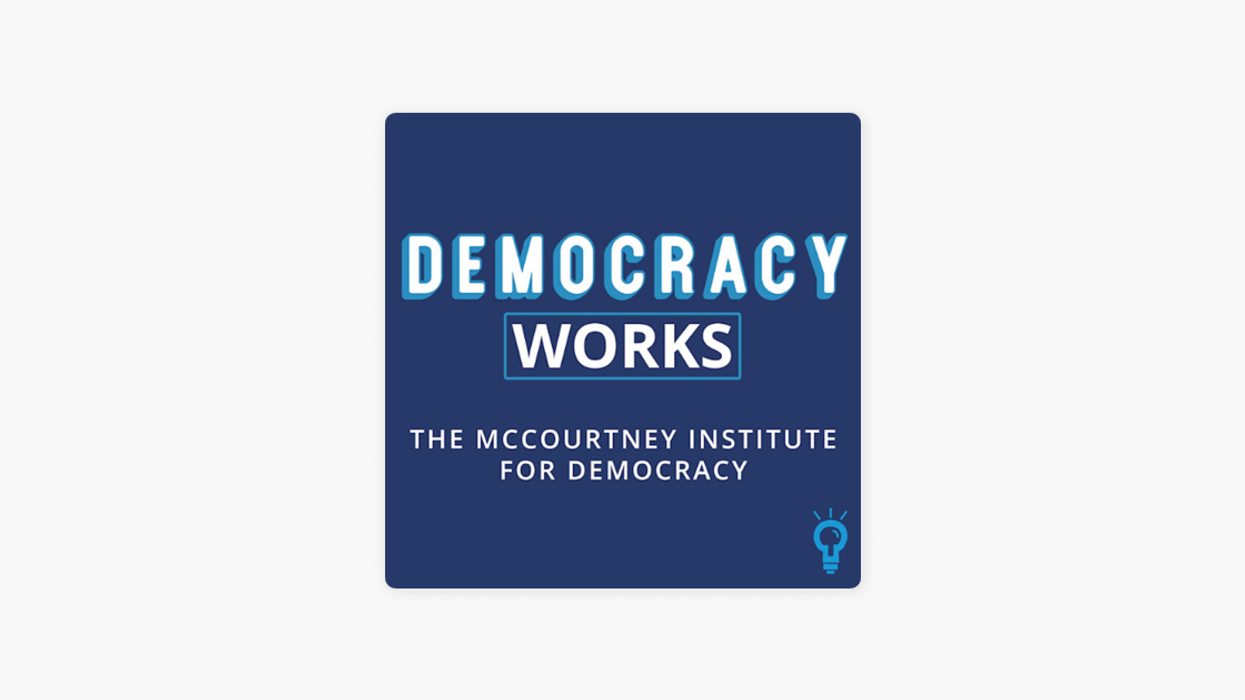The Baby Boomers are the most powerful generation in American history — and they're not going away anytime soon. Their influence in politics, media, business, and other areas of life is likely to continue for at least the next decade. What does that mean for younger generations? "Democracy Works" discusses with Kevin Munger, an assistant professor of political science and social data analytics at Penn State and the author of the new book "Generation Gap: Why Baby Boomers Still Dominate American Politics and Culture."
Podcast: Baby Boomers and American gerontocracy




















Trump & Hegseth gave Mark Kelly a huge 2028 gift